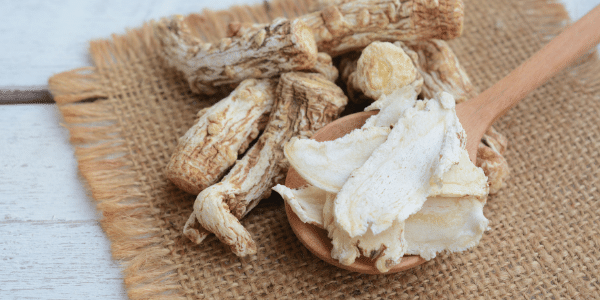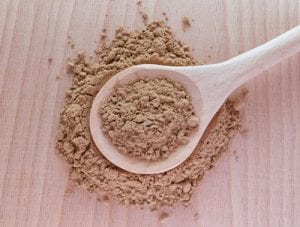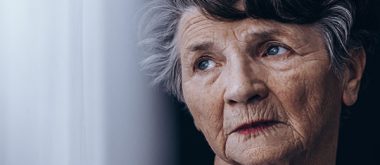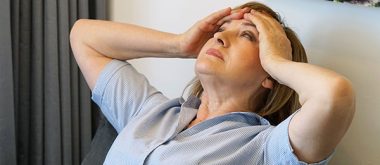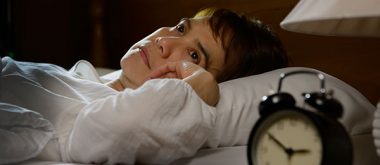Angelica sinensis, or dong quai, is a plant with clusters of fragrant white flowers and is related to celery and carrots. Those from Asia have been using this plant for centuries for medical uses such as to treat the symptoms of menopause. Other medicinal purposes for taking the herb include:
- Building healthy blood
- Improving circulation
- Treating blood deficiencies
- Boosting the immune system
- Relieving pain
- Improving bowel function
- Treating PMS
- Treating menstrual symptoms and relieving the pain of cramps
Many women throughout the world have used dong quai to treat their menopausal symptoms with good results.
Menopause and Dong Quai
Only a few studies have been performed on women regarding the health benefits of using dong quai. However, anecdotal reports about these health benefits remain positive. Some of the increasing research supports some of the health benefit claims. One theory regarding this herb is that dong quai contains trans-ferulic acid that dissolves fats, making it anti-inflammatory and able to decrease the incidence of blood clots. Menopausal women benefit from the herb’s ability to reduce uterine swelling and other puffiness caused by inflammation.
Women use dong quai to:
- Improve a pale complexion
- Moisturize dry skin and eyes
- Improve blurry vision
- Smooth nail beds
- Improve circulation
Some women take the herb to relieve hot flashes. Here, again, most of the evidence for this effect is informal thus far. Not much testing has been done to determine whether taking dong quai helps with relieving hot flashes or not. Some of the trials have been somewhat inconclusive, and other tests were positive for dong quai being helpful with hot flashes. More testing and continuing research are recommended.
Menstrual Cramps
Menstrual cramps and pain respond well to dong quai. The antispasmodic chemical in the herb, namely ligustilide, relaxes uterine muscle spasms and is soothing to those who use it. In one study, some women who took the herb twice per day discovered that they didn’t need pain medication for menstrual cramps. A little over half of the women tested reported a reduction in pain levels, but still needed some pain medication during their menstrual period.
Dong quai may also regulate menstrual cycles for some lucky women who take it, too. As with any herb, if you take medications at the advice of your health care provider, check with them to see if taking dong quai may be of benefit to you without disturbing medications already in place.
Forms of Dong Quai 
Dong quai can be found wherever Chinese herbs are sold. They come in the following forms:
- Bulk or raw
- Granular form, which is mixed with boiling water before consuming
- In pill form
- In injections
- Dried, which is used in teas and soups
- In combination with the herb black cohosh
In many cases, dong quai is used in combination with other herbs for menopausal symptoms. It is rarely used alone for such treatment. Some of the herbs dong quai is combined with include:
- Chaste tree
- Milk thistle
- Red clover
- American ginseng
- Black cohosh
- Evening primrose
One study done discovered that a combination of these herbs worked well to relieve hot flashes and sleep problems. These women were aged 44 through 65 and were treated and monitored for three months.
Side Effects of Dong Quai
The side effects of dong quai can include bloating, diarrhea, headache, sleepiness, nausea, and increased sensitivity to light. Also, the herb functions as an anticoagulant and should not be used by individuals who are already taking a prescribed anticoagulant, women who experience heavy bleeding during menses, or by people with bleeding disorders. Women with uterine fibroids and cancers of the breast, uterus, and ovaries should also not take the herb.
